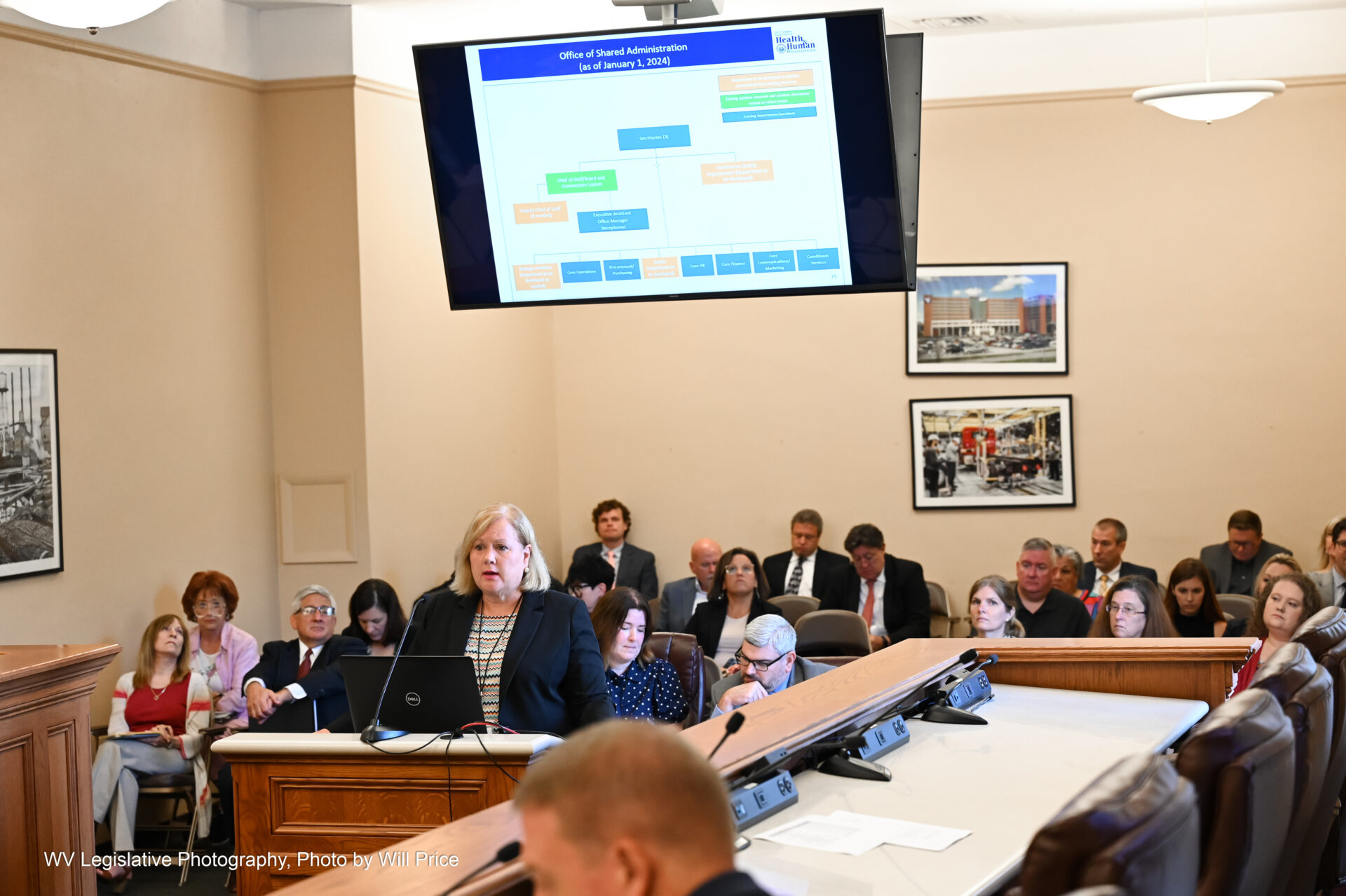West Virginia Department of Human Services (DoHS) Cabinet Secretary, Cynthia Persily released a statement on the recent death of a minor in the state.
The press release provided no further information on the minor who passed away, but in the headline, she called the incident a criminal case.
Persily called the situation “tragic” and said her thoughts are with those affected by the loss.
“Our dedicated CPS staff work tirelessly on the front lines each and every day, often under very challenging circumstances, to protect vulnerable children and families across our state,” Persily wrote. “CPS staff adhere to stringent policies and procedures outlined in state and federal law to ensure that every report of abuse or neglect is thoroughly assessed and investigated with the utmost care and diligence.”
Persily said in the statement that CPS cannot prevent every instance of abuse or neglect but that the department strives to investigate every qualified report and intervene within legal authority and statute.
“DoHS remains steadfast in its commitment to addressing child abuse throughout West Virginia and urges residents to report any suspected cases to our Centralized Intake for Abuse and Neglect hotline,” Persily wrote. “Let us honor the memory of this young victim by supporting the tireless efforts of our CPS workers and working together as a community to create a safer environment for all children.”
Per West Virginia Code, all records and information concerning a child or juvenile that are maintained by the Department of Human Services, a child agency or facility, or court or law-enforcement agency, are confidential and may not be released or disclosed to anyone, including any federal or state agency.
Legislative efforts to provide more CPS transparency and oversight, while still keeping confidentiality, failed in the recent regular legislative session.
